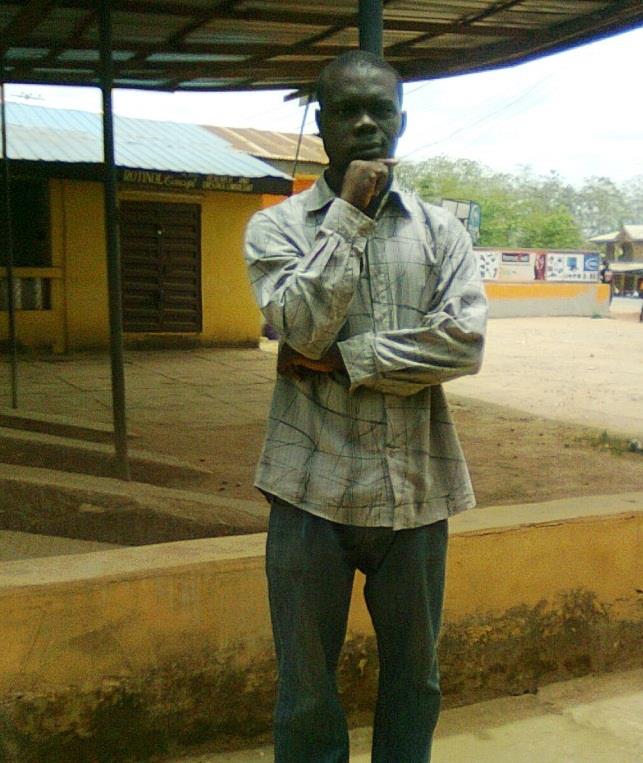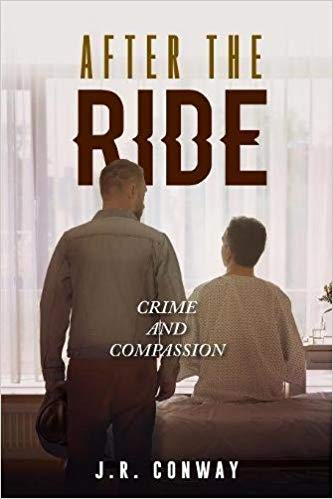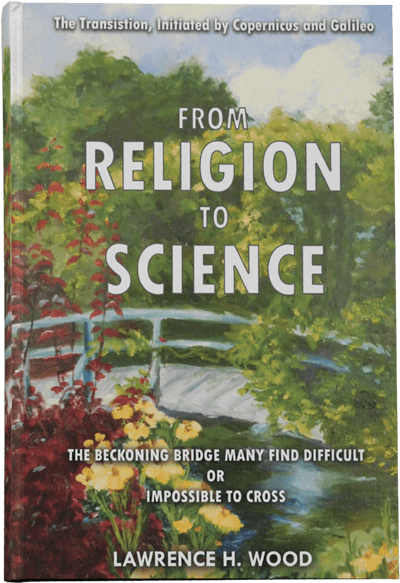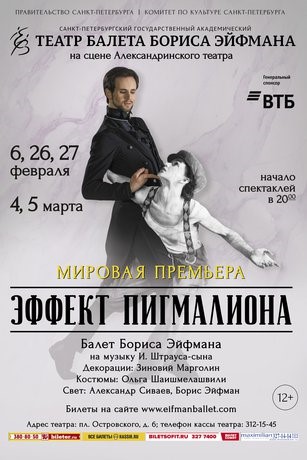In the Eyes of the Outsider
Los Angeles Blues: Blade Runner
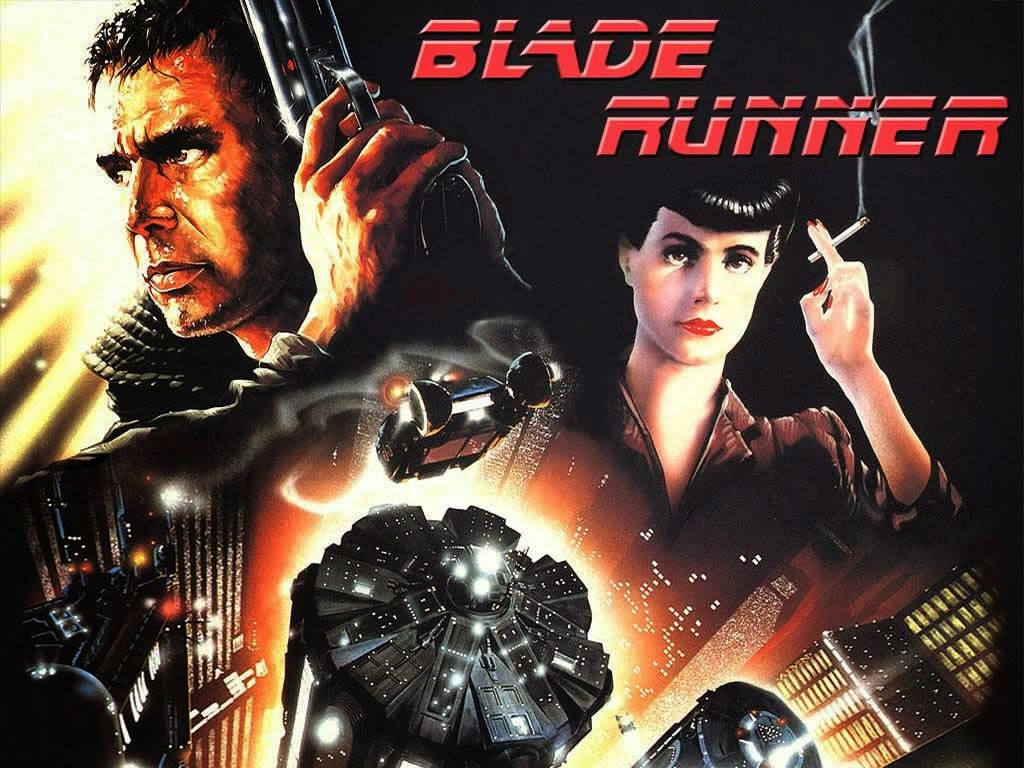
As far as loneliness, I feel Los Angeles and its layout, having to drive everywhere – it is a lonely place. It’s an isolated city in that respect because you’re driving to places alone listening to the radio. – Jason Schwartzman
There’s something peculiarly magical about LA in the eyes of those who have never been to the States, and who only know about it from behind screens, lusty voyeurs of the big city, watching in awe as the filthy rich housewives of Beverly Hills endlessly bicker about mindless chatter, or the gangs stroll around in glamourous cars, pimps and hoes in the backseats of limos. In my eyes, however, I never loved LA. I felt it was a cold, fake city, a manufactured replica of what fine art should be. Films like “Nocturnal Animals” heightened the feeling. Films like Michael Mann’s “Heat” implemented the thought in my head, this is not a city for the mediocre, it is neither merciful nor generous, it does not have the comforting silent-killer type of the South or the elegance and cultural significance of New York, even with the latter’s higher crime rate.
It wasn’t until I watched Ridley Scott’s neo-noir masterpiece “Blade Runner” that I realized, I know exactly how Los Angeles looks. I can envision walking in this city feeling more alienated than my writer-self usually experiences. This city is cold, heartless, replicants are scattered all over it but they do not show their replicant-side. Au contraire, they mimic the normalcy that they desperately tried to escape by inhabiting the city in the first place, and they carry themselves around with an air of confidence that both scares and intrigues.
Los Angeles is the source of the light for the moth; a city as vast and dreamy as one could imagine. Sinful and lustful without basing its core and aesthetics purely on lust; it promises angels when it fact, a demon lurks in every corner, whether a failed job, a failed love story, a robbery gone too far, or a grisly crime masquerading as homicide.
For Scott’s 1982 “Blade Runner” I was definitely not a target audience, Sci-fi being the least interesting genre on my PH scale. It was a bet with a fellow cinephile that the one who watches the most respected films on critics’ lists will get an Ace or something that landed “Blade Runner” in my lap. I was not immediately taken, until Vangelis’s music score “Blade Runner Blues” played, with a slow-mo scene showing a woman in her undies killed at the hands of the main male protagonist. The scene, unnerving and sexist as it was, created a séance in which one would disappear. Blues music being a part of the bargain, I fell in love with the movie, later collecting a few of my favorite shots; Rachael staring into the camera while asking Deckard if he ever retired a human before, J.F. Sebastian and his creepy yet intimate collection of toys, Roy’s monologue at the end. Strangely enough, every character seemed like a symbol of what the modern LA would look like as opposed to the cyberpunk, futuristic, retrofit exteriors with matte paintings and miniature work.
In Ridley Scott’s 2019 Los Angeles, people were doomed. Being stuck in this futuristic city, whether on top in the isolated skyscrapers, or being forced to walk down the underbelly of the city, you had no choice but to exist as you are. There would be no air of familiarity or actual contact, even when it happens, Deckard –the main protagonist- forces himself on Rachael, making it seem as if almost nothing real comes out of the city drenched in rain and decay; high-tech style.
Los Angeles scared me. I knew from the moment I saw the replicant’s –Zhora- barely clothed, teary-eyed corpse that this city had no mercy for women, or for underdogs. After all, Roy died, the hero saved the day and forced himself on the only woman who was not killed at the end of the day, probably because she was obedient enough to deserve sparing her life. Los Angeles always looked sunny in the films that glorified the City of Lights, and in films like “Heat”; Los Angeles is a city where people become reciprocal versions of each other. There is a Yin to the Yang, a cop to the rogue, and both get along easier than with their respective clans, In “500 Days of Summer” Love is lost and never found on the sidewalks of the city. Nothing about LA offers promise, if somewhat false and rhetoric. “Blade Runner” is no exception to a series of films that only manage to make the city less approachable, less dreamy-like, more like fantastic versions of an actual city that does not smell hostile and too grand for the newcomers’ ambition.
In multiple ways, “Blade Runner” seems like the ultimate escape for the avenger in every viewer; dark, poetic, grim and desperately pleasing, it leaves a bitter taste in the mouth even if it uses an iconic macho American hero –such as Harrison Ford- to create a regular tale that squashes the underdogs and celebrate the All-American hero. Ford (or Rick Deckard) is aided by a city that has no sympathy for losers and only celebrates success, even if on the expense of its architectural thrive.
The array of characters in the “Blade Runner” verse, highlight the cycle of alienation in which subversive people who live in Los Angeles constantly move. Freaks, those haunted by past crimes, those who hide secrets or carry them around, those who prey on the meek and the marginal only to hide their own vulnerability, on the other hand, the rich and the famous are facing the same sense of isolation up in their skyscrapers, only for inter and intra cultural clashes to become as vivid and ephemeral presence in the way replicant vs. replicant hunter collide on the rainy, foggy streets where the overpopulated slums are crowded with people who are always on the move.
Blade Runner – The Sexism
In a city like Los Angeles, you probably would not imagine that sexism exists. Women are at their best, manicured, botox-ed, injectable filler-spewn lips aside. You watch reality shows; “The Real Housewives of Beverly Hills”, “Vander Pump Rules”, to name a few and you realize, these women are becoming rich, pampered versions of who they ought to be. They are being judged by sexism as badly as a woman in an African or Arab country, who would be judged based on her clothing, as much as they would be judged by who aged faster, whose lips are more luscious.
It’s not just that the idea of a Love Theme, saxophone music played smoothly over a woman forced to accept a man’s sexual advances, but the idea that notions of beauty, sexuality, aging, womanhood and liberation are messed up in the city of angels only throw a shade to its power over people confined to it. Women are all sultry and beautiful, awaiting the interaction with men probably not ready enough to satisfy them.
Blade Runner – The Diversity
Los Angeles is one of the most diverse cities in the world. But in “Blade Runner” still it is unsold as that. In my mind, the diversity which Los Angeles possesses is merely a background through which the white, privileged, plastic-surgery obsessed, fake art scene goers thrive. The underlying populated slums work only as fuel for the survival of the upper class. Two vivid examples include two of the central female characters; who happen to be replicants. Strangely –rather unsurprisingly- every significant female character in this movie happens to be a replicant; Pris the pleasure model and Zhora the exotic dancer are the most notable examples since they rebel to the cause of their manufacture and thus get punished for it. Both are killed at the hands of the alpha male protagonist Deckard. The only female replicant whose life is spared is Rachael, who submits to Deckard’s nonconsensual sexual advances.
Submission is the key to survival in Los Angeles, replicants who go astray are “retired”, in other words they are killed for daring to ask for equality, or to think of a different future where they are not treated as creatures designed to live the life they are told they were born to walk, and a role they were born to fulfill. Their price for being alive. In a city where you dare to dream whatever you please, “Blade Runner” shows you the grim truth, you are nothing but what you are told you are, even in the city of lights.
Blade Runner – The City
Los Angeles is a constellation of plastic – Norman Mailer
In the city of angels, life and death could be an expose of what lies beneath the road to stardom. Marilyn Monroe once described it as a freeing place, a city where you can be anybody you want. But the structure of the city is not even that inviting for a brave new world. It’s either condos and pool parties or scrapes of art scenes and Oakwood. These dreamers flock to the city in pilgrimage of becoming the next diva or Hollywood sensation. They dream of getting rich fast or shedding off their old, loser skin. Only to be mostly crushed by the gigantic city that has seen, swallowed, gurgled and regurgitated thousands of similar aspiring creatures. In “Blade Runner”, the idea of a city that can collectively rejoice in the company of everyone does not sound like a reality, but more of a requiem of a dream someone else has dared to imagine. High-tech architecture, neon signs, and a social hierarchy that divides people racially and –dare I say- gender and sexual-orientation-wise, only enhance the fact that a city of lights only casts the polarizing beams on those who deserve it. The underdogs who dare to dream are punished mercilessly, or forced to flee with their dominant partners who happen to be White, male, and part of the elite.
At the end, “Blade Runner” is an unflinching as the city he is selling. It perfectly portrays how the glamour of the city hides an underbelly of people barely existing who will all be lost like “tears in rain”. The shock that LA has always given me is how insignificant the individual struggle is if not lived under the spotlight. How many residents of the apartment complex will go back to where they came from; their dreams crushed, their brief encounters with the city lost forever, not worthy of a mention, an Oscar nod or a Hollywood star on the Walk of Fame? Los Angeles is indeed the city of dreams, it treats people who pass by with an Eye of God perspective, only those who dare to wander are lost. But that’s not even a certainty.

Author Jaylan Salah





